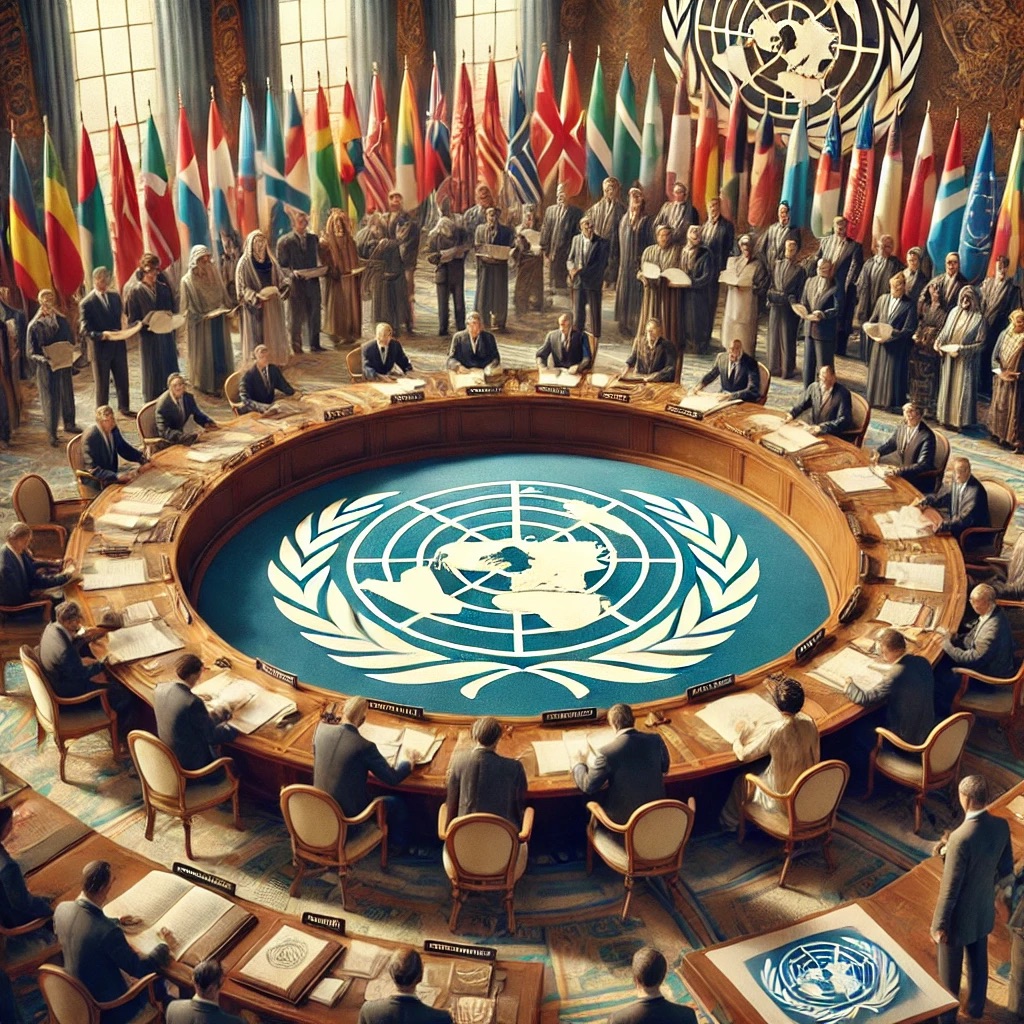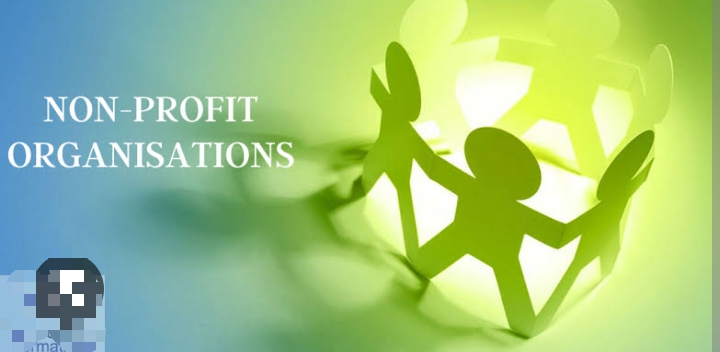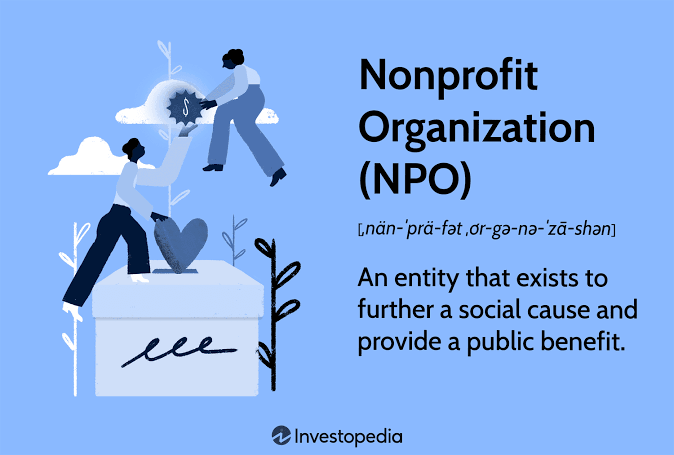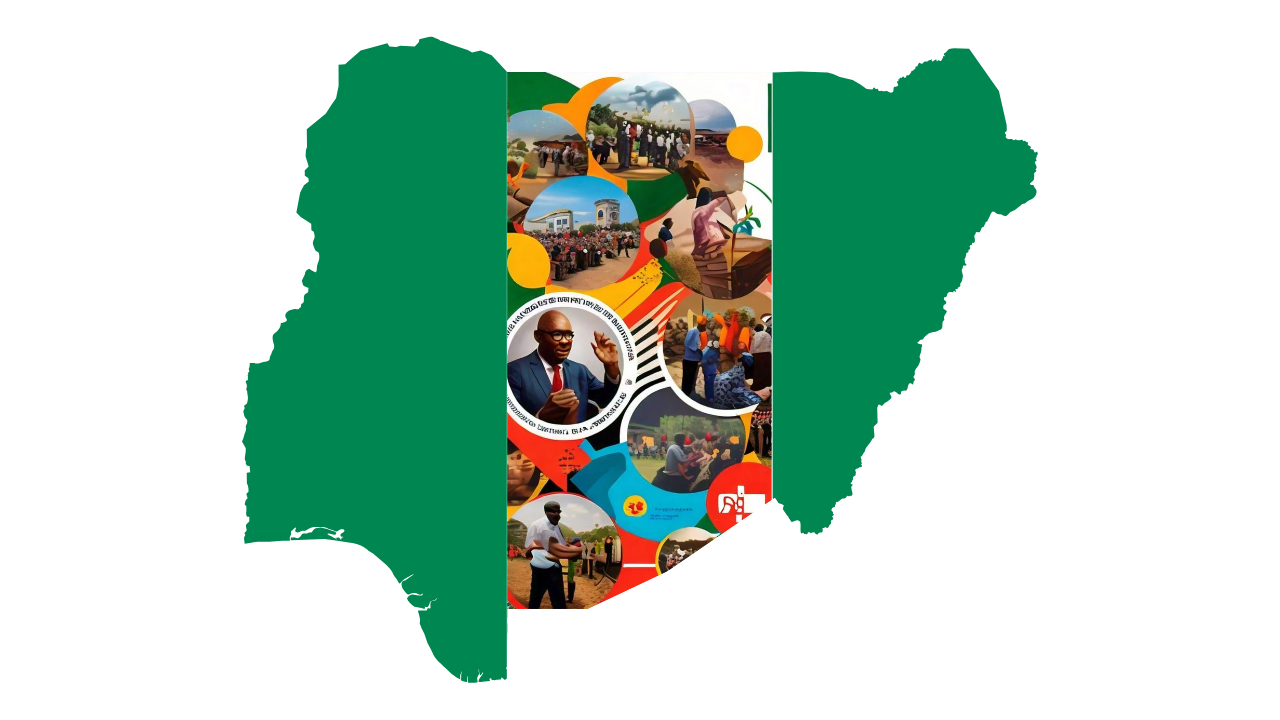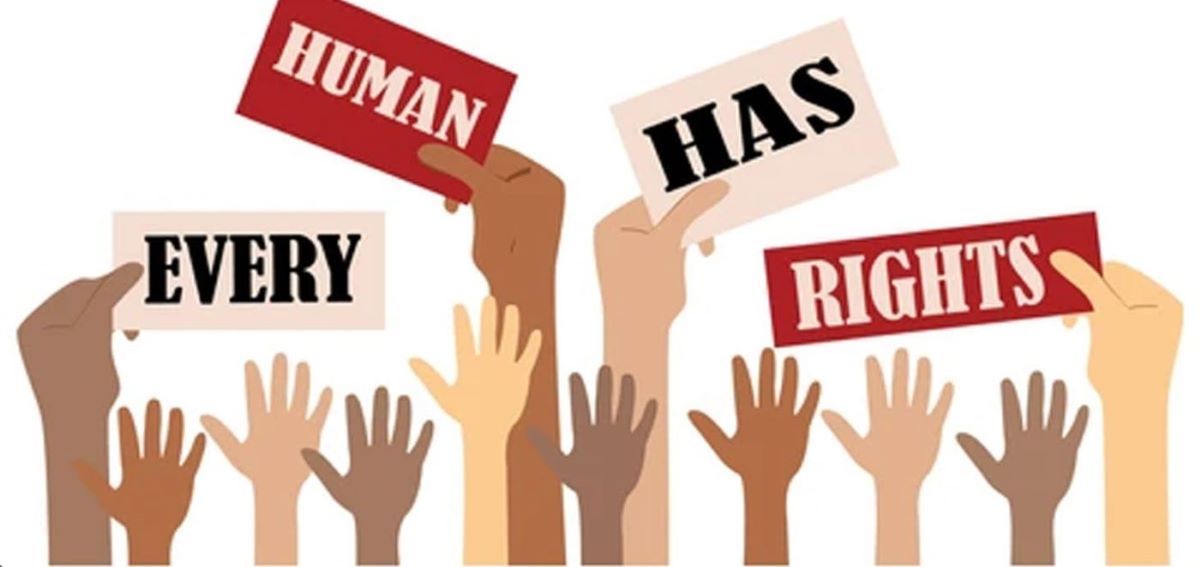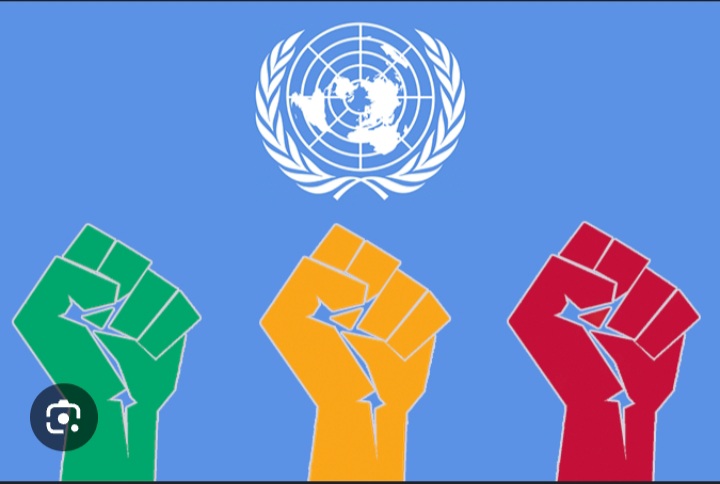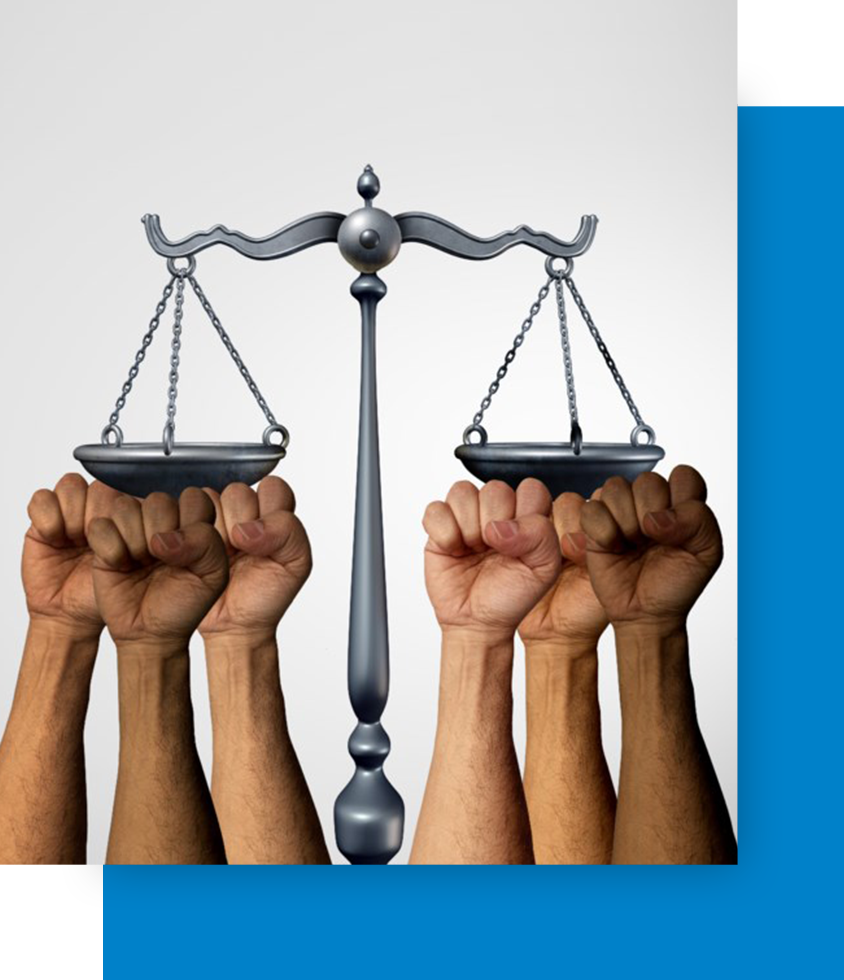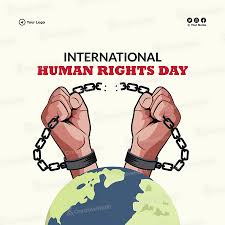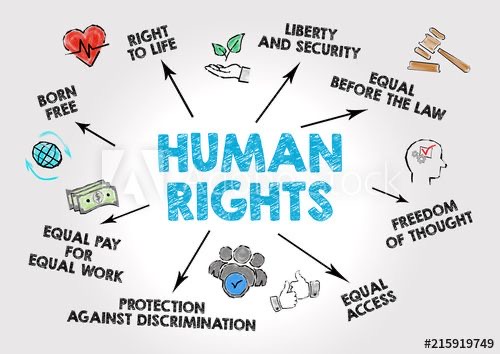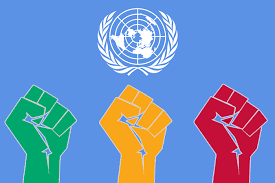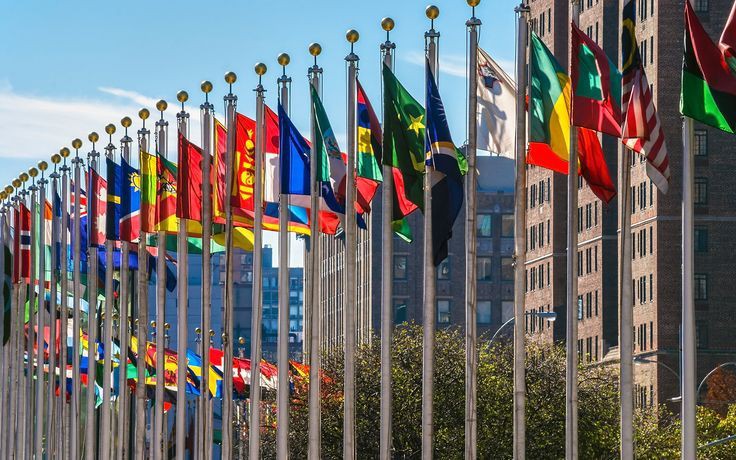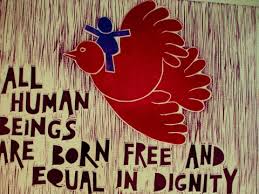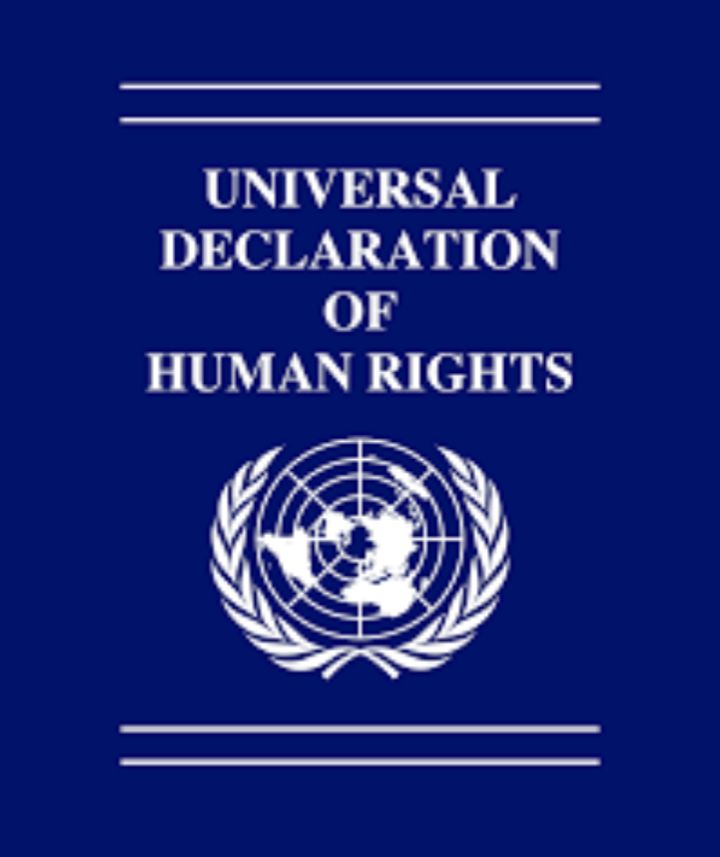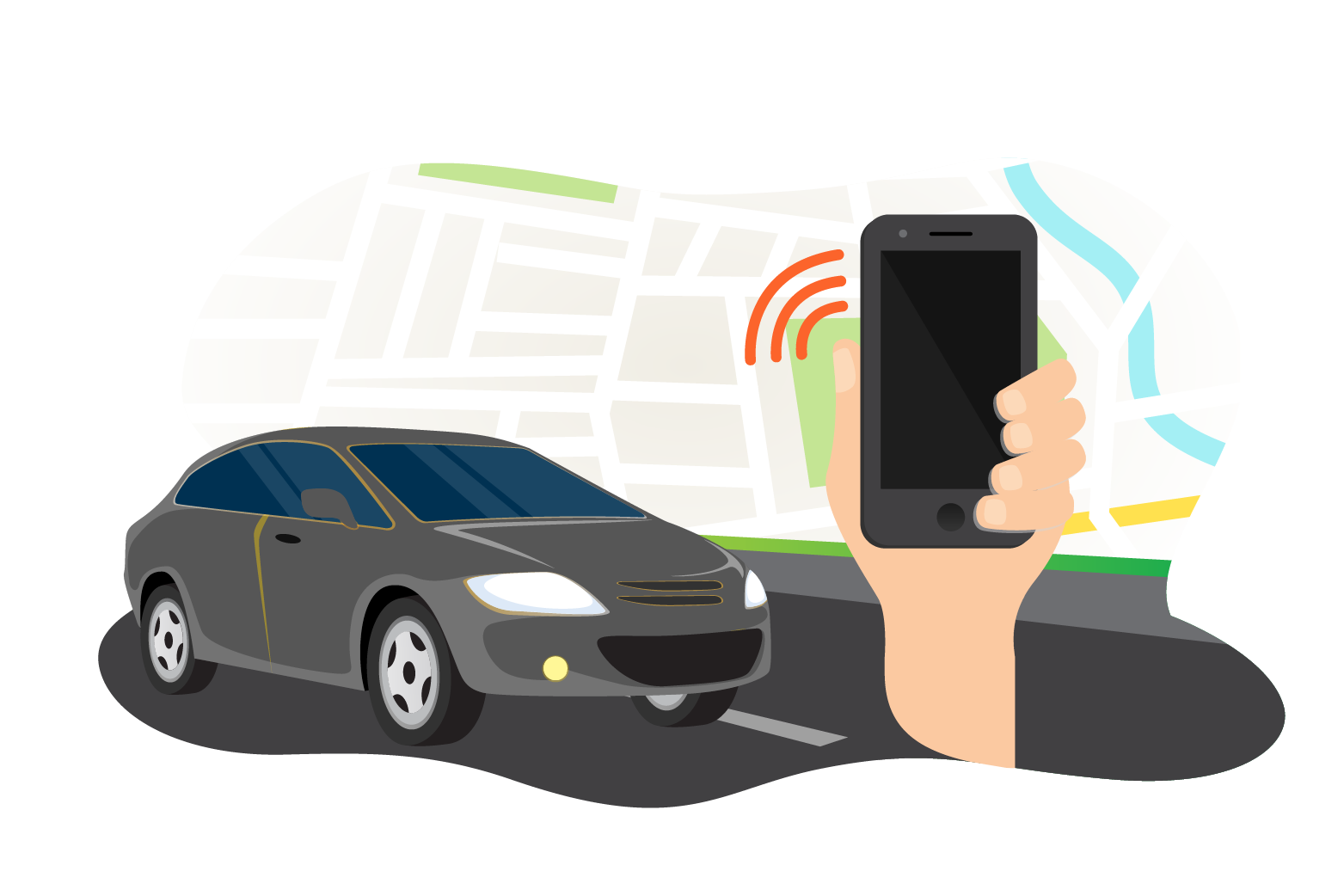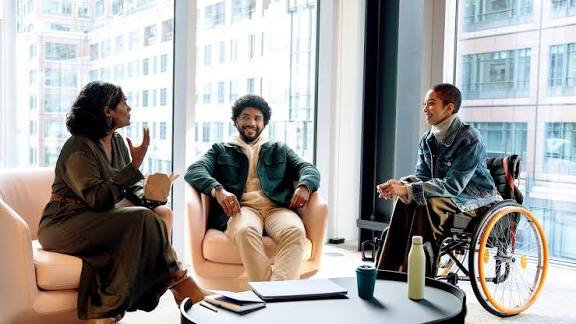
CO-AUTHORED By
Eze-Atuonwu Onyedikachi Divine.
+2347040287376
AND
Frank C. Okike
+2348108176025
ABSTRACT
It is trite and an accepted truism that human rights are inherent, fundamental, universal and inalienable. This connotes that human rights are intrinsic, core and tied to our human existence, and applies to all humans notwithstanding who there are and where there are, which cannot be taken away from us, no matter the circumstance. Thus, no set of persons should enjoy the same set of rights over another, and it would be gross discrimination for one to suggest otherwise. This principle is the cornerstone of international human rights law and is entrenched in various international treaties and national laws. However, in practice, the same case cannot be said with assuring confidence of Persons With Disabilities (PWDs). Thus, this paper argues that despite notable legislative efforts, PWDs are still to an extent treated as second class citizens due to the inability of government and relevant stakeholders to bridge the gnawing gap between policy making and effective implementation thereof. This paper concludes that there should be a synergy amongst state actors to create a more inclusive environment for Persons With Disabilities (PWDs).
Keywords: Disability rights; Persons With Disabilities (PWDs); Inclusion; Effective implementation.
INTRODUCTION
Rights! Rights! Rights! At no point in history has these words been used more frequently than now. It may be that, without discrimination, there may be no advocacy for rights. But here we are, because without advocacy, people would be unaware of the existence of these rights. And if people are not aware, discrimination will strive, because darkness exists where lights extinct, at least in the case of persons with disabilities. Maybe this article should be renamed “The Case for Persons with Disabilities”. But however the name you think deems fit, it doesn’t erase the fact that there are categories of persons in the society that are, unknowingly ostracised and treated as societal outcast despite attempts being made for their inclusion.
The 2030 Agenda for Sustainable Development has as one of its goals the quest to reduce inequalities across the globe. Although Nigeria has made great progress towards a more inclusive society especially for persons with disabilities, by signing and ratifying the Convention for the Rights of Persons with Disabilities (CRPD) and signing the Discrimination Against Persons with Disabilities (Prohibition) Act (DAPDA) 2018, there remains a gnawing gap between policy making and effective implementation. According to World Health Organization (WHO), an estimated 1.3 billion persons, corresponding to about 16% of the world’s population, experience a significant disability today. In Nigeria, the number, which is disputed, ranges between 19-36 million persons. This shows a great need in addressing the concern of inequality and inclusion.
Thus, in addressing the concerns raised, this work shall examine the legal framework surrounding the rights of persons with disabilities in Nigeria, analyse the hurdles faced by these persons and the challenges towards an effective implementation of policies regarding persons with disabilities in Nigeria and will proffer long lasting solutions.
2.0 LEGAL FRAMEWORKFRAMEWORKFRAMEWORKFRAMEWORKFRAMEWORKFRAMEWORKFRAMEWORKFRAMEWORK
2.1. National Framework
A. The Constitution of the Federal Republic of Nigeria 1999 (As Amended)
The Nigerian Constitution which is our grand norm provides for freedom from discrimination under Section 42. More specifically, it provides that no citizen of Nigeria shall be subjected to any disability or discrimination merely by the circumstances of his birth. He also has the rights to personal liberty, to movement and association, even the most basic right to life among others. This goes to show that the fundamental human rights enshrined in chapter IV of the constitution applies to everyone in the country including persons with disabilities. Thus, it may be considered as the bedrock and cornerstone of disability rights in Nigeria.
B. The Discrimination Against Persons with Disabilities (Prohibition) Act 2018
The enactment of DAPDA 2018 presents the first step Nigeria has made towards the fulfilment of its obligations under the United Nations Convention for the Rights of Persons with Disabilities (CRPD), and a significant step towards the inclusion of persons with disabilities.
Section 1 prohibits all forms of discrimination and persons with disabilities, correspondingly providing penalties for non-compliance. Section 3 provides for equal access to physical environment and buildings. The act also provides that public facilities should be constructed with aids that can assist persons with disabilities such as lifts and ramps for public buildings and pedestrian crossing on public roads and these must be made accessible to them. Section 6 allows for a five year transition period where public buildings whether movable or immovable would be modified for persons with disabilities including those on wheelchairs. The act also provides that before a public structure is erected, it must be scrutinised so as to ensure conformity with the building code and where the plan does not make provisions for accessibility facilities, the government should not approve of it. The act also provides for means of transportation to be accessible to persons with disabilities.Persons with disabilities (PWDs) have unfettered right to education alongside free secondary school education. Section 18 provides for inclusiveness of education for those with disabilities alongside the provision of Braille, sign language, etc. They have the right to work on equal basis with others and employers of labour shall, as much as possible, ensure that persons with disabilities make up at least 5% of their labour workforce.
Significantly, the DAPDA 2018 establishes the National Commission for Persons with Disabilities. The Commission is charged with ensuring, inter alia, that the provisions of the Act are complied with.
C. The Companies and Allied Matters Act (CAMA) 2020
The Companies and Allied Matters Act (CAMA) 2020 was signed into law on the 7th of August, 2020. It governs the establishment and management of companies in Nigeria. It supersedes and repels the Companies and Allied Matters Act (CAMA) 2004, which was itself an improvement upon the Companies Act of 1968.
The Act seeks to promote the employment, training and advancement of persons with disabilities. This is amplified by Part III of the Fourth Schedule of the CAMA which specifies the format that company annual reports must follow in order to meet the requirements of PWDs inclusion.
D. The Electoral Act 2022
The Electoral Act, 2022 is the legal framework regulating the electoral process in Nigeria. It is improvement on the repealed Electoral Act of 2010, bringing about several innovations aimed at ensuring a freer and fair electoral process, more political participation and the reduction of electoral malpractices.
One distinctive innovation brought about by the 2020 Act is its inclusion of persons with disabilities. For example, Section 9(1) of the act provides that the continuous maintenance, compilation and update of the National Register of Voters shall include persons with disabilities. It also provides that the Independent National Electoral Commission (INEC) should ensure that persons with disabilities, special needs and vulnerable persons are assisted at polling units through the provision of suitable means of communication such as Braille, electronic devices, sign language interpretation, among others. It goes further to give a contextual definition of what a person with disability means.
2.2. International Framework
The United Nations Convention on the Rights of Persons with Disabilities (UNCRPD)
The United Nations Convention on the Rights of Persons with Disabilities (UNCRPD) was adopted on the 13th day of December 2006. As of November 2024, the convention has been ratified by 191 parties. Its’ aim is to promote, protect and ensure the full and equal enjoyment of all human rights and fundamental freedom by all disabled persons. Notably, it is the first human rights treaty of the 21st century, and the first human right treaty that most comprehensively enshrines the rights of PWDs.
The UNCRPD contains 50 articles, of which 26 covers all areas of life ranging from health, education, to accessibility, equal recognition before the law, etc. For example, Article 5(2) provides that state parties should prohibit all form of discrimination against PWDs. Articles 6 and 7 provides that state parties should ensure the inclusion of women and children with disabilities respectively. Article 9, which is in consonance with DAPRA Sections 3, 4, 5 and 6 provides that public facilities should be accessible for use for PWDs. Other provisions include: right to life, access to justice, liberty and security of persons, freedom from torture, cruel, inhumane and degrading treatment, education, health, etc.
3.0 BEYOND THE RIGHTS: THE HURDLES
Despite progress, Nigeria's disability landscape remains bleak: Persons with Disabilities (PWDs) are systematically excluded from socio-economic and political opportunities. The 2018 Discrimination Against Persons with Disabilities (Prohibition) Act, though existent, faces domestication challenges in many states, while significant implementation hurdles persist. In this part, we shall consider the challenges of implementing this crucial legislation:
1. Lack of Political Will: The absence of political will is a significant obstacle to implementing the Act. State governments' reluctance to domesticate the Act may stem from government negligence or lack of commitment to supporting key decisions about disability rights. This lack of political will can manifest in various ways, including failure to allocate sufficient resources and funding for disability programs and initiatives. Furthermore, inadequate representation of persons with disabilities in government decision-making processes can exacerbate the problem. Limited awareness and understanding of disability issues among government officials and policymakers can also contribute to the lack of political will. This challenge is evident in states like Abia, Enugu, Imo, and Ebonyi, where the domestication and implementation of the Act have been slow.
2. Insufficient Funding and Resources: Implementing the Act requires significant financial investments, which may be a burden for state governments. The costs associated with adjusting public structures to make them accessible to persons with disabilities, providing assistive technologies and devices, training personnel to support persons with disabilities, and establishing and maintaining disability programs and services can be substantial. Insufficient funding can hinder the effective implementation of the Act, leaving persons with disabilities without access to essential services and support. Moreover, the lack of resources can lead to inadequate infrastructure, inadequate personnel, and inadequate services, ultimately affecting the quality of life of persons with disabilities. This challenge is common in states like Ebonyi, where the government has not allocated sufficient funds for disability programs and initiatives.
3. Ineffective Multi-Sectoral Platforms: Weak collaboration between sectors, such as utility, health, transport, education, housing, and community services, can hinder the accomplishment of goals and outcomes for persons with disabilities. Ineffective multi-sectoral platforms can result in duplication of efforts, inefficient use of resources, lack of coordination and communication, and inadequate support for persons with disabilities. This can lead to a fragmented approach to disability support, where different sectors work in isolation, rather than in collaboration, to provide services and support. Ultimately, this can result in inadequate and ineffective support for persons with disabilities. States like Enugu and Imo face this challenge, where different sectors work in isolation, leading to inadequate support for persons with disabilities.
4. Internal Conflicts and Disunity: Fragmentation within persons with disabilities (PWD) groups, such as JONAPWD, can prevent them from speaking with one voice and drawing government attention to the domestication of the Disability Act. Internal conflicts and disunity can weaken the advocacy efforts of PWD groups, create divisions and rivalries within the disability community, distract from the core mission of promoting disability rights, and undermine the credibility and effectiveness of PWD groups. This can ultimately lead to a lack of cohesion and unity among PWD groups, making it more challenging to advocate for their rights and interests. This challenge is evident in states like Ebonyi, where internal conflicts within JONAPWD have hindered their advocacy efforts.
5. Legislative Hurdles: Lawmakers perceptions and priorities can override the importance of domesticating the Act. Legislative hurdles can include lack of understanding or awareness about disability issues among lawmakers, competing priorities and interests that take precedence over disability rights, inadequate representation of persons with disabilities in the legislative process, and limited opportunities for public input and participation in the legislative process. These hurdles can result in a lack of progress in domesticating the Act, ultimately affecting the rights and well-being of persons with disabilities. States like Abia and Enugu face this challenge, where lawmakers' perceptions and priorities have hindered the domestication of the Act.
4.0. TOWARDS AN INCLUSIVE SOCIETY: THE WAY FORWARD
Despite the hurdles, there are still lasting solutions to the ineffectiveness of the Act, which this study seeks to recommend. They are as follows:
1. Improved Awareness and Understanding: The government and stakeholders should promote awareness and understanding of disability rights among the public. This can be achieved through seminars, workshops, and training programs that focus on disability rights and the provisions of the Discrimination against Persons with Disabilities (Prohibition) Act. These programs should be designed to educate the public about the importance of disability rights and the need to promote inclusion and accessibility. By promoting awareness and understanding, the government and stakeholders can help to reduce stigma and discrimination against persons with disabilities.
2. Implementation of the Act: The government and stakeholders should ensure the effective implementation of the Act's provisions, particularly in relation to access to education, employment, healthcare, and other essential services. This requires collaboration with educational institutions to ensure that they provide accessible facilities and support services for students with disabilities. Employers should also be encouraged to promote inclusive hiring practices and provide reasonable accommodations for employees with disabilities. The government and stakeholders should work together to develop guidelines and standards for accessible education, employment, and healthcare.
3. Provision of Support and Resources: The government and stakeholders should provide support and resources for persons with disabilities. This can include establishing disability support units or providing scholarships and bursaries for students with disabilities. Mentorship programs that pair persons with disabilities with experienced mentors who can provide guidance and support are also essential. These programs can help to build confidence and skills, and provide persons with disabilities with the support they need to succeed.
4. Accessibility in Public Services: The government and stakeholders should promote accessibility in public services by advocating for the use of accessible language and formats in public documents and proceedings. This includes collaborating with public institutions to develop guidelines for accessible services and promoting the use of assistive technology in public institutions. Public buildings and facilities should also be designed to be accessible to persons with disabilities.
5. Improved Synergy with Stakeholders: The government and stakeholders should collaborate with other stakeholders, including civil society organizations, disability rights groups, and the private sector, to promote the rights and interests of persons with disabilities in Nigeria. This includes advocating for policy changes and legislative reforms that promote greater inclusion and accessibility for persons with disabilities. By working together, the government and stakeholders can help to create a more inclusive and accessible society for all.
5.0 ANCHORING HOPE: CONCLUSION
This study has extensively examined the barriers to domesticating and implementing the Disability Act in Southeast Nigeria. The findings underscore the significance of political will in driving the domestication process, highlighting the lack of political will by state governments as a major obstacle. Additionally, internal conflicts within disability organizations, such as JONAPWD, have been identified as a significant challenge, undermining their ability to mobilize and advocate for the domestication and implementation of the Act.
Despite some limitations, including difficulties in accessing certain clusters and the unavailability of House of Assembly members, this study provides valuable insights into the complexities surrounding the Disability Act's implementation. To overcome these challenges, it is essential to foster political will, enhance internal cohesion among disability organizations, and promote collaborative advocacy efforts involving social workers, state governments, and other stakeholders.
Ultimately, addressing the challenges hindering the implementation of the Discrimination against Persons with Disabilities (Prohibition) Act requires immediate attention from stakeholders. The Act's effective implementation is crucial for promoting the rights and well-being of persons with disabilities in Nigeria. Therefore, collective action from the government, stakeholders, and disability organizations is necessary to ensure the inclusion and accessibility of persons with disabilities in Nigeria.
